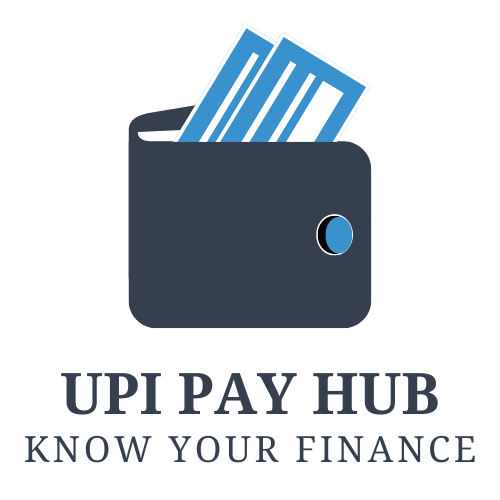When it comes to finance the term will give several meanings, in investment management this provides an example of soft dollars and it is also referred to as a contrast with hard money where there are laws requiring disclosure but grossly violated. In this blog post, we delve into both topics and their relevance, use-cases of each as well as the repercussions for investors and the wider financial sector.
What Are Soft Dollars?
Definition and Mechanism
Fund managers often pay these soft dollars to brokerage firms in return for required research and other services, which are necessary for making sound investment decisions. Soft dollars differ from hard dollars because they are the amount of money that gets paid to brokerage firms by generating commission revenue on transactions as opposed to direct cash payments. That way, investment managers can obtain services that they need but pay for those using USD without debiting their actual cash account to settle vendors.
How Soft Dollars Work
Under a soft dollar arrangement, an investment manager commits to executing trades through one or more brokerage firm(s). The brokerage firm, in return, charges a small commission on such trades. The additional commission is taken home by the broker to provide services such as market research, data analytics or other tools for better investment management.
To illustrate, if a broker does an extra dollar per share traded (which remains small after all), that can add up to a decent source of funds for/ on research and analysis without having direct impact to cash reserves in the investment manager.
Pros and cons of soft dollars
Benefits
Access to Research: Soft dollars allow investment managers access higher quality research and analytics (which can enhance performance)
Cost Control: Managers can better control their operational costs and keep cash liquidity by using commission revenue to pay for services.
Better Investment Decisions: High level of research and data helps to give a better perspective if one is planning for the investment that can also increase chances of Returns.
Drawbacks
Lack of Transparency One of the main criticisms against soft dollars is lack of transparency. Investors may not get the full picture when it comes to how much is being spent for these services, creating conflicts of interest.
Cost Comparisons: Soft dollars can make it difficult for investors to compare the cost of managing their investments, which in turn may hinder effective comparison between different investment funds.
Regulatory Scrutiny: Regulatory bodies around the world have, in general over recent years, taken a much closer look at soft dollar arrangements with increased concerns raised about transparency and misuse of funds.
Soft-money in Campaign Finance concept
Definition and History
Funds raised by political parties for general requirements such as party-building activities rather than the direct support of individual candidates are called soft money. Unlike hard money that is highly regulated and capped, soft money contributions are generally either unlimited or have only a very low cap.
In the past, soft money was key to campaign finance in that it enabled parties or donors closely aligned with them to accumulate large war chests designed not only to influence elections but manipulate their results subtly. But it had been largely banned in federal elections by the Bipartisan Campaign Reform Act (BCRA) of 2002 because soft money was too easy to abuse.
How Soft Money Works
Soft money is given to political parties, not individual candidates. These funds can go to activities, such as voter registration drives and party advertising that help grow a political party in general. But that line of distinction between party backing and candidate-first support can be murky, prompting concerns about money buying election results.
Impact and Regulation
Aim: Implementation of the BCRA in order to ban national party raising and spending non-federal money for electoral purposes Even then, soft money can still have an influence on politics in all channels such as independent expenditure groups and Super PACs.
Also Read: The Keeper Standard Test: A Data-Driven Tool for Finance
Conclusion
For all the investors, policy-makers and members of the public it is one very important issue which actually decides how AR Soft method works in the field without understanding its nuances be it soft dollars or soft money. Soft dollars are an important tool in the toolbox of investment managers, but they depend on opacity and a nifty zero-cost revenue stream that could lead to real conflicts. The case of soft money and the role it plays in political finance echoes a broader concern regarding how to keep money from exerting too much influence on politics – notwithstanding that doing so is somewhat like trying to defeat evil or poverty.

